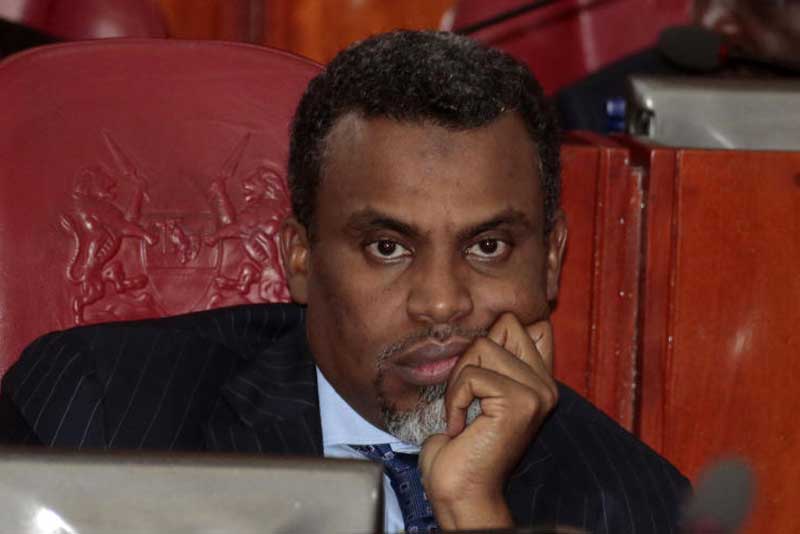
Weaponization, especially in international relations literature, is a range of interventions deployed often by powerful States to coerce compliance or effect behavioural change through a regime of punishments or incentives. Sanctions and limiting access to financial services to non-complying entities or persons are some good examples.
Claims that the war on corruption has been weaponized to achieve pre-determined and selective outcomes have raged since Noordin Haji’s appointment as the Director of Public Prosecution in August 2018.